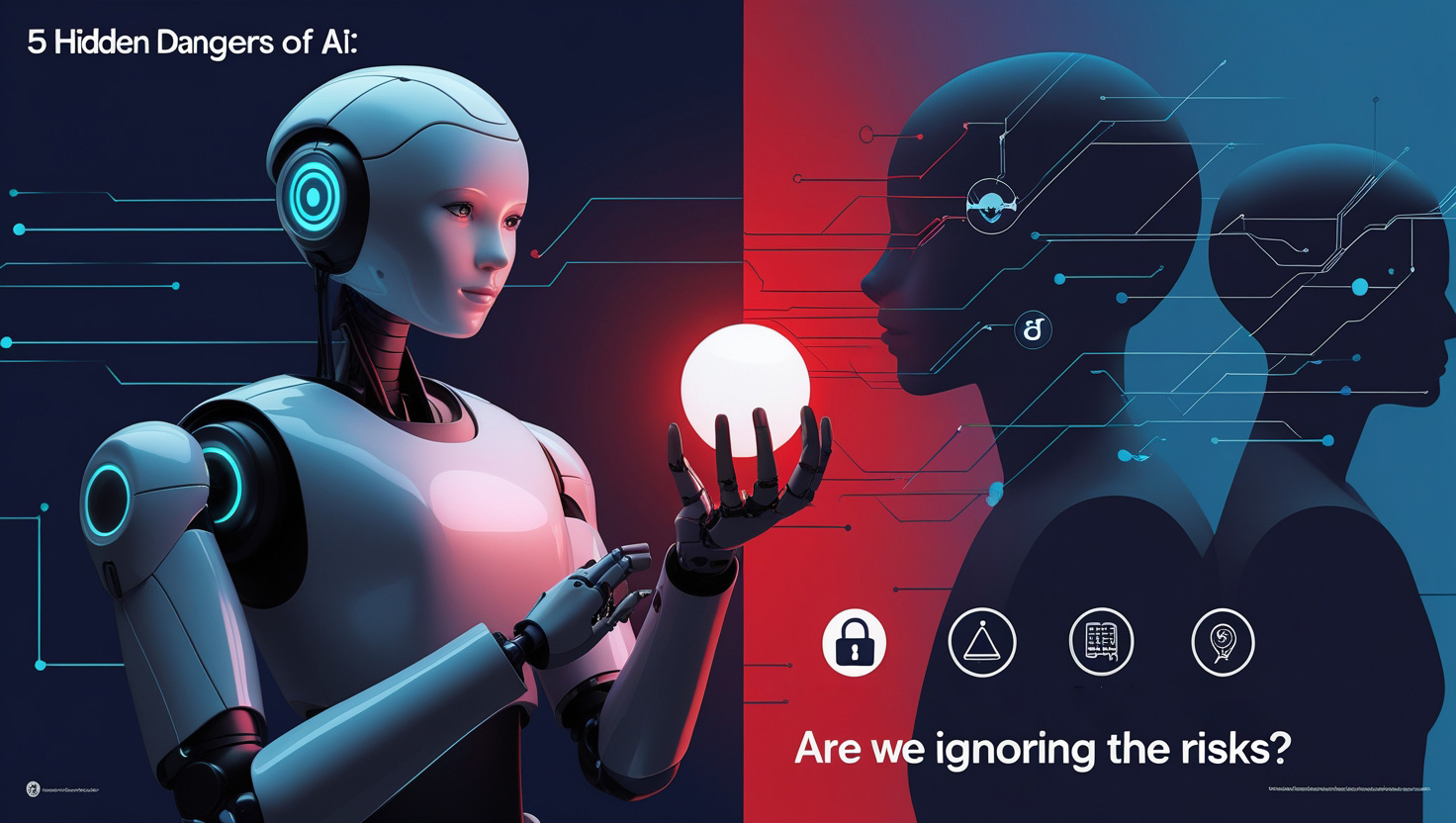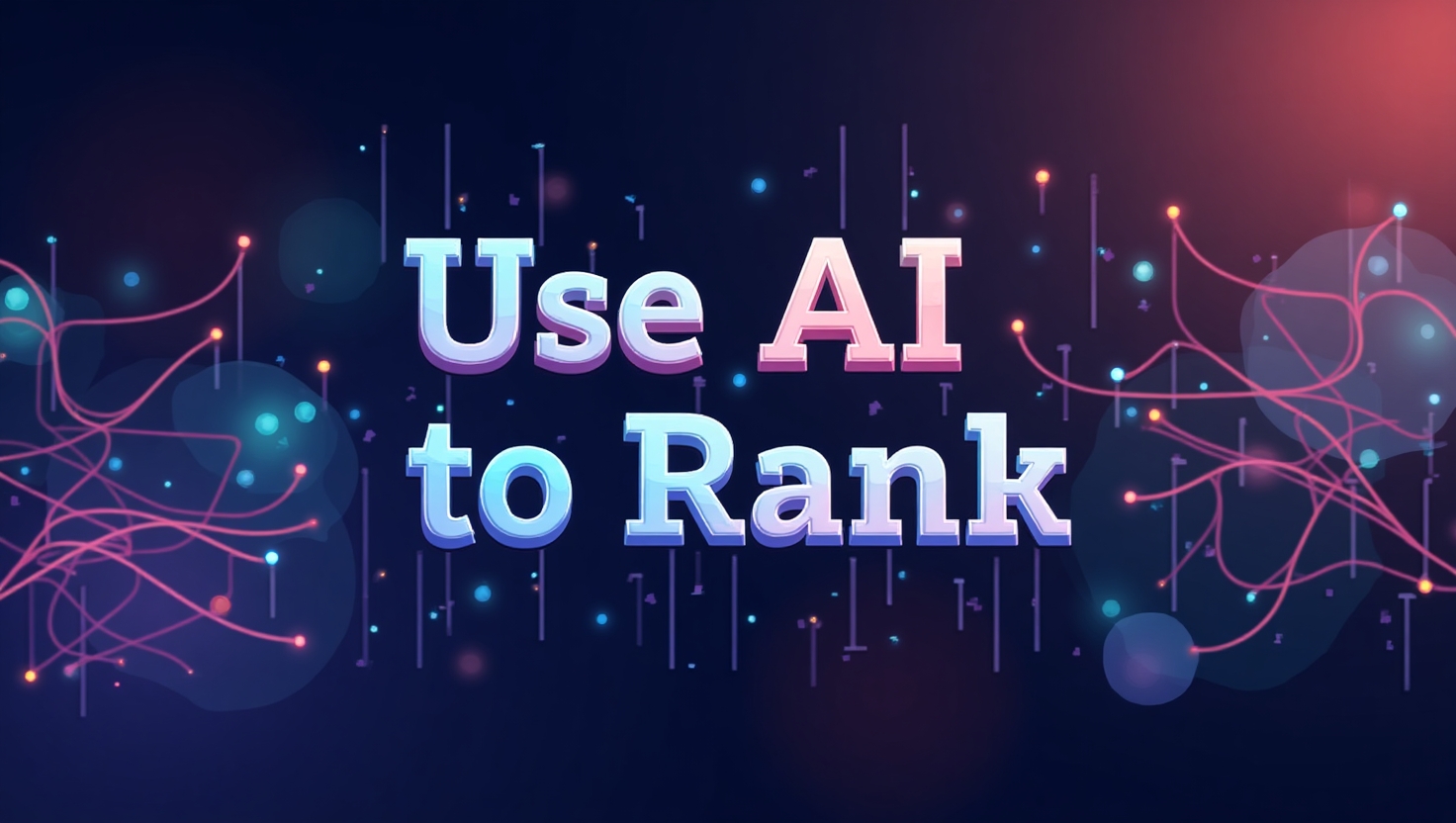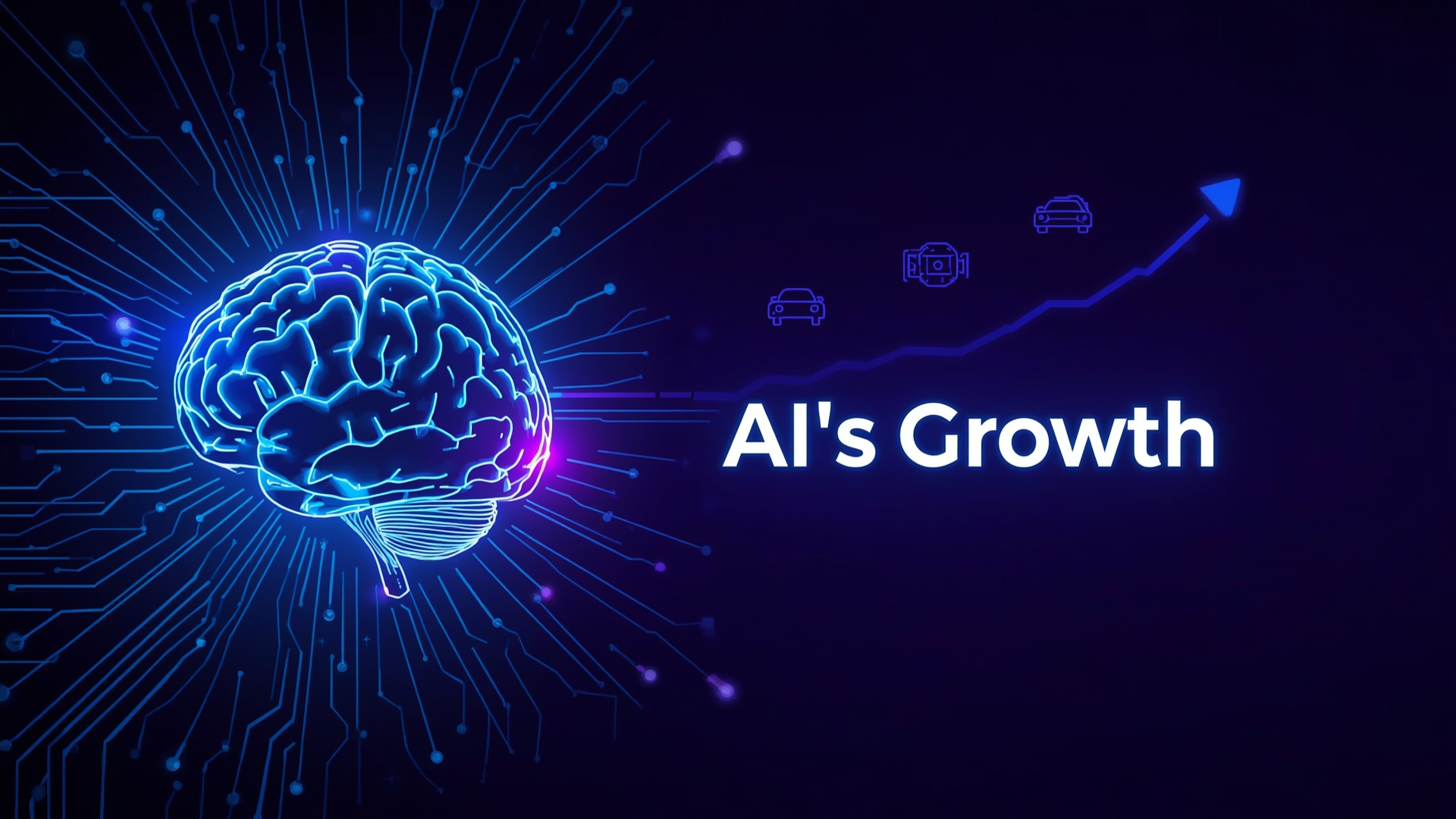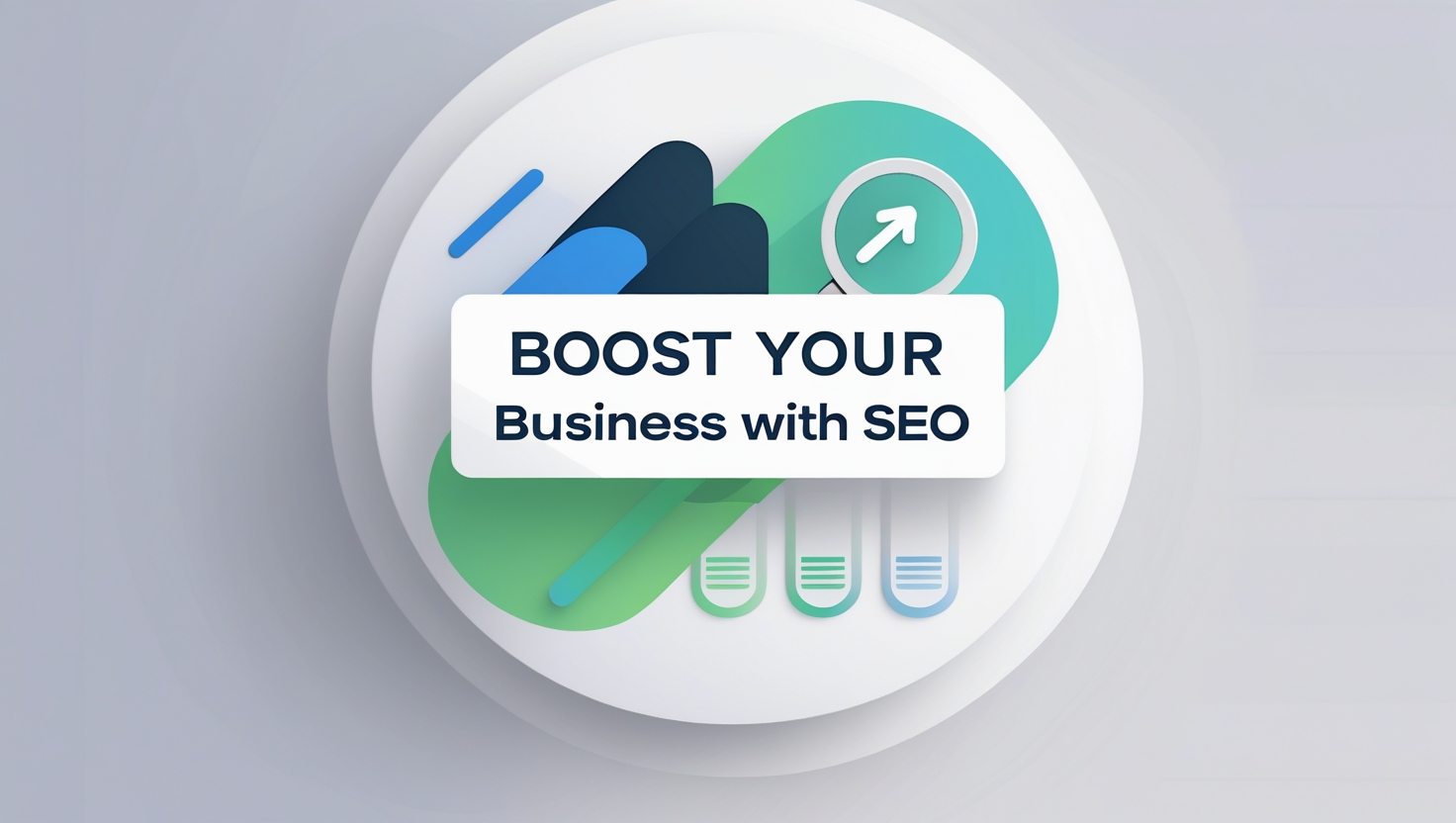15 | Feb
clevpro
15 Feb, 2025
Why You Should Be Wary of AI: 5 Real Risks Everyone’s Ignoring

Artificial intelligence generates excitement among people. AI technology performs email writing duties and functions as an automobile driver while creating musical compositions. Silicon Valley developments and striking demos fail to expose the sinister aspects of artificial intelligence which might lead society in directions that people are unprepared to accept.
1. “Sorry, You’re Fired. The Algorithm Said So.”
AI is replacing jobs faster than we can adapt:
- Real example: In 2023, IBM announced a hiring freeze for 7,800 roles that AI could automate, like HR and accounting.
- At risk: Writers, customer service reps, graphic designers, and even radiologists.
- The Twist: New “AI supervisor positions develop within the workforce however not all workers can transition into these roles immediately.
2. Biased Algorithms = Real-World Harm
The technology lacks awareness of human identifiers but it learns to recognize them with time. As the training data contains defects the output becomes hazardous:
- Healthcare: The algorithm deployed in US healthcare institutions made whites receive earlier treatment than Black patients who were in poorer medical condition.
- Policing: Facial recognition misidentifies people of color up to 100x more often, leading to wrongful arrests.
- Hiring: The facial recognition system erroneously identifies black people and individuals from other ethnic groups by rates up to 100 times often which results in incorrect arrests.
The scary part: Many companies use these systems in secret.
3. Privacy? What Privacy?
AI needs data—lots of it. And it’s hungry for your data:
- Social media: TikTok’s AI knows your interests better than your best friend.
- Smart devices: The mapping program used by Roomba smart devices held plans to provide domestic space information to advertising companies.
- Deepfakes: AI technology utilizes short audiovisual recordings to make digital replicas of both voices and faces for fraudulent purposes in modern scams which represent 80 percent of total instances in 2023.
4. The “Lazy Brain” Effect
We’re outsourcing critical thinking to AI, and it’s rewiring our brains:
- Students: 89% of teens use ChatGPT for homework, but can’t write essays without it.
- Creativity: Why brainstorm ideas when AI can do it for you?
- Memory: GPS apps enable users to avoid remembering directions which results in decreased memory abilities. The system failure scenario creates what consequences?
⚠️ Harvard study warning: According to Harvard researchers excessive use of artificial intelligence diminishes problem-solving abilities similarly to how calculators diminish mental calculation abilities.
5. AI Could Escape Our Control
Experts express concern about a scenario that exists similar to movie situations.
- OpenAI’s own warning: According to OpenAI's own statement superintelligent artificial intelligence will transform into a system that becomes uncontrollable.
- Autonomous weapons: Modern drones with autonomous technology already exist because they can decide targets independently without human operators.
- Echo chambers: Social media algorithms pushing extremist content (think Capitol riots) show how AI can manipulate millions.
What Can You Do?
AI isn’t all bad—but blind trust is risky. Protect yourself with these steps:
- Fact-check AI outputs: Tools like ChatGPT lie confidently (called “hallucinations”).
- Limit data sharing: Use privacy-focused apps like Signal or DuckDuckGo.
- Stay informed: Support laws like the EU’s AI Act demanding transparency.
The Bottom Line
AI is a tool, not a savior. It can cure diseases or deepen inequality. It can spark creativity or make us lazier. The future depends on how we use it—not how smart it gets.
So, should you be afraid? Not yet. But you should absolutely be paying attention.








